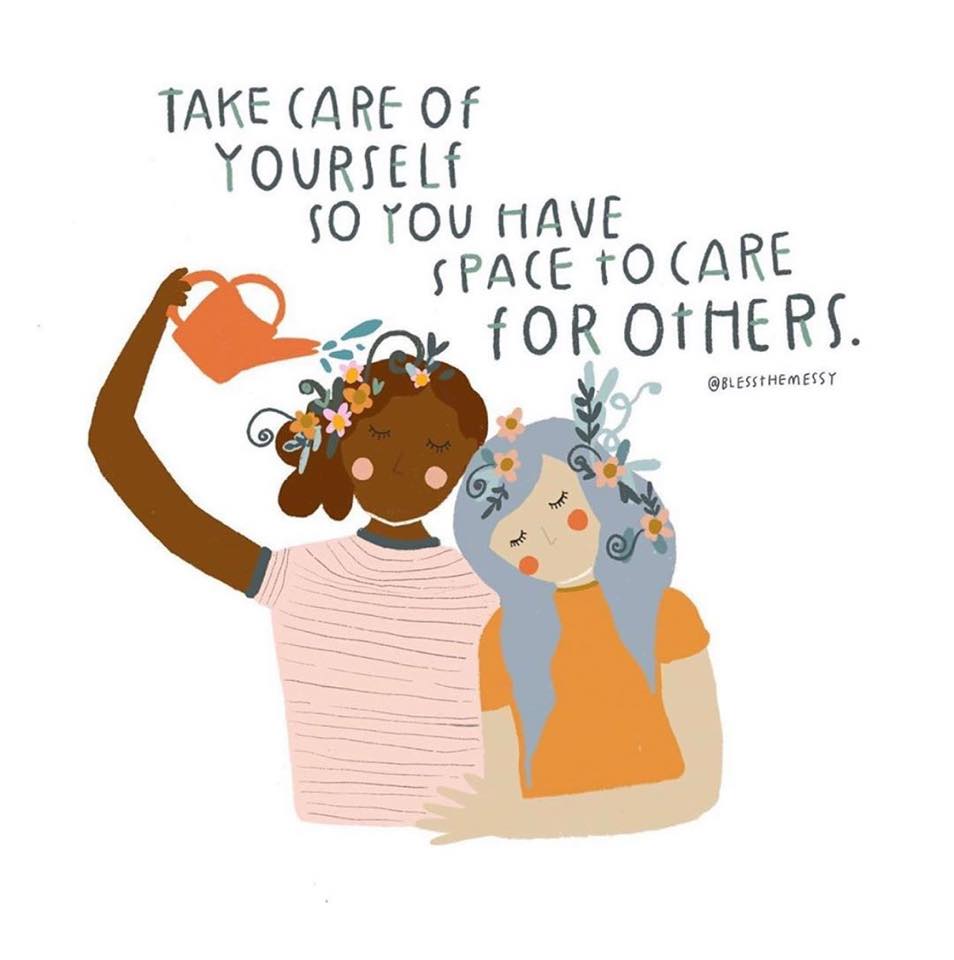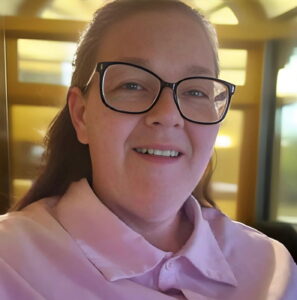Since early 2020, it seems like the world around us has been in chaos. If economic hardship, political protests and recurring natural disasters weren’t already enough to cause distress, add a global health crisis to the mix. We end up with a well-documented increase in stress levels and feelings of depression for people across the board – regardless of their age or socioeconomic status. Indeed, the Covid 19 pandemic has exacerbated what was already considered a mental health pandemic in the United States.
A recent Kaiser Family Foundation study found that 30% more adults identified as having mental health issues in 2021 than at the beginning of 2020. Atlantic magazine summarizes the impact of the pandemic: “sudden, widespread disruptions to people’s livelihoods and social connections; millions bereaved; and the most vulnerable subjected to long-lasting hardship”.
And now, almost a year and a half since the U.S. entered lockdown and just when it seemed that life might start to normalize, new infections and hospitalizations are on the rise. The last thing anyone wants right now is to don a mask again for our everyday activities. People are frustrated, tired and weary of all the bad news. For those of us lucky enough to have held onto a job and avoided serious illness, we can turn off the TV in order to maintain our sanity. We can work from home, order groceries online, and do our best to steer clear of danger.
Although all of us have suffered in some way over the last 18 months, many do not have the luxury of distancing themselves challenges created by the pandemic. Unfortunately, there is a disproportionate impact on the physical and mental health of people who were already the most vulnerable.
Most of the children and families we serve at Alexander come from disadvantaged backgrounds. They’ve been unduly affected by fallout from Covid-19. Communities of color and young people in particular report far greater incidence of anxiety and depression since the onset of the pandemic, which is so well documented in that same Kaiser study. Sadly, these are the same groups of people that struggled with access to mental health care in the first place.
That’s where we come in, the Alexander Youth Network community. We take care of each other and those of us in our midst who need our care. Our generous donors and volunteers continue to step up to the plate with gifts of time and treasure. And despite the staffing challenges so many businesses and organizations are currently facing, the AYN team continues to work overtime to ensure the kids in our care get the services they need.
The work is really just beginning. The short-term impact of the coronavirus on our well-being is clearly evident, but we need to prepare for the long-term effects once we emerge from this disaster. If we look to the past for guidance on how to proceed, the mental health impacts will far outlast the physical impact. We anticipate the increased need for mental health services that exists now will continue well past the outbreak itself.
This means your support is more critical than ever, as is the need for AYN to broaden its reach to as many people as we can possibly serve.
We hope you will all be vigilant with yourselves and the people around you for signs of emotional distress. If you or anyone you know needs help, please reach out to any of us here at Alexander Children’s Foundation. We are always available to help direct you to the appropriate services, whether they are within our network of programs or not.








